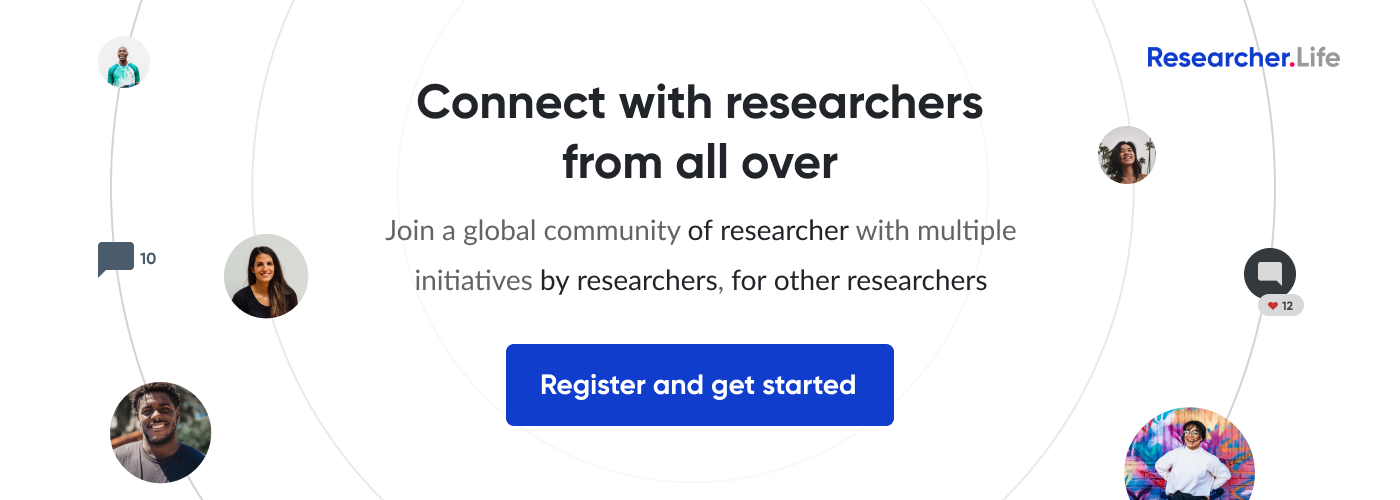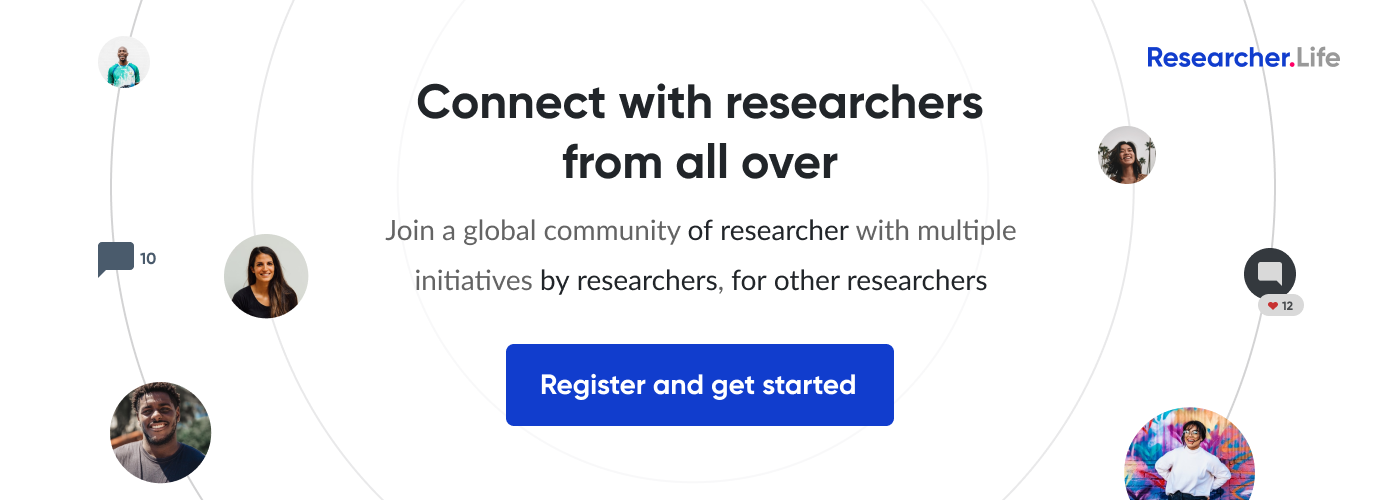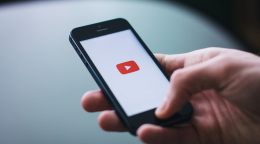Guardians of credibility: Academic libraries and the fight against misinformation

Consider the radical transformation in how we access news and information over the past decade, or even just the last five years. We've transitioned from relying on traditional, scheduled sources like newspapers and television broadcasts to a range of dynamic digital platforms. These include various websites, social media channels, and mobile applications that provide real-time updates at our fingertips. Additionally, the landscape of information sourcing has also shifted significantly—we no longer depend solely on professionals. Instead, we are increasingly exposed to user-generated content and sophisticated algorithms that tailor the information appearing in our digital feeds. However, this remarkable evolution brings with it a concerning rise in misinformation, particularly regarding scientific facts and understanding, making it more challenging to navigate the complexities of this new digital age.
The role of libraries in the information ecosystem
In light of this complex and ever-changing landscape, it is essential for academic libraries to assume a central role in helping both researchers and the general public in addressing the proliferation of misinformation. Their roles have evolved from being gatekeepers and fact checkers to active educators in recognizing misinformation. As digital media continues to flourish and unverified content spreads rapidly, academic libraries have acknowledged the pressing need to equip students and researchers with crucial skills for navigating this challenging environment. As a result, librarians are increasingly prioritizing the teaching of information literacy and critical thinking—key competencies essential for recognizing trustworthy sources.
Libraries as pillars of information literacy and critical thinking
Information literacy training has emerged as a fundamental priority for academic librarians, as they recognize the crucial role it plays in fostering students' research skills. By training students to navigate library resources efficiently and retrieve credible information, librarians empower them to succeed academically and beyond. But for this training to make a real impact, it needs to be thoughtfully customized—not just to fit the institution’s unique environment, but also to align with faculty goals and the diverse needs of students. One guiding resource for this is the Framework for Information Literacy for Higher Education, developed by the Association of College and Research Libraries (ACRL), which was developed to address the changing higher education environment and the dynamic information ecosystem. This adaptable framework gives librarians the tools to build targeted information literacy programs that span various fields and research methods, enriching students' learning experiences.
Academic libraries have the potential to provide a variety of workshops and courses focused on evaluating sources effectively, identifying credible information, and recognizing the various tactics used to disseminate misinformation. What are some approaches academic libraries can contribute towards this goal? Let’s explore!
1. Providing reliable guides and tools
In today's information-saturated world, librarians play an important role in academia—they curate and facilitate access to dependable sources and vital fact-checking resources. By developing targeted guides and tools, libraries can support students and researchers in skillfully navigating the expansive information landscape. An example of this effort is the CRAAP Test, created by librarian Sarah Blakeslee at the Meriam Library of California State University, which offers a systematic evaluation framework through a set of structured questions to assist users in determining the credibility, relevance, and overall trustworthiness of varied information sources. This equips students with the necessary tools to discern valid information amidst the noise, which is increasingly crucial in an era marked by misinformation.
2. Promoting curriculum integration
Academic libraries are in a unique position to significantly boost information literacy by actively collaborating with faculty members, enabling integration of information literacy skills smoothly into the course content. Historically, university libraries have provided information literacy courses predominantly to first-year students, often delivered as brief, stand-alone "one-shot" sessions; unfortunately, these isolated sessions tend to be disconnected from the curriculum, which diminishes their effectiveness in addressing students' real needs. By engaging directly with faculty members to align library instruction with course syllabi and assessments, librarians can design more relevant, practical learning opportunities that not only captivate students' interest but also prepare them to tackle challenges they encounter throughout their academic journey. Ultimately, this collaboration can foster a more comprehensive understanding of information literacy that is beneficial for students both in their current studies and in their future endeavors.
3. Engaging in collaborative efforts
Academic libraries often engage in collaborative efforts with various campus units, such as faculty departments and student affairs, as well as external entities, including professional organizations and other libraries, to design and facilitate workshops focused on information literacy and critical thinking skills. These partnerships can enrich the content and delivery of the workshops, providing diverse perspectives and expertise that enhance the learning experience for students. Penn State's News Literacy Initiative, developed in collaboration with various departments, including University Libraries and communications, to produce podcasts, host events, and share tips to help students recognize reliable news from unreliable sources.
Conclusion
With their diverse set of resources and skills, academic librarians can play a key role in educating students and researchers in combating misinformation, not only within the context of their academic studies but also in their everyday lives. They can offer guidance on critical thinking, information literacy, and evaluating sources, which are all essential skills in today's digital age. By leveraging these tools, librarians empower in fostering a more informed community as researchers navigate an increasingly complex landscape of information.
Comments
You're looking to give wings to your academic career and publication journey. We like that!
Why don't we give you complete access! Create a free account and get unlimited access to all resources & a vibrant researcher community.














